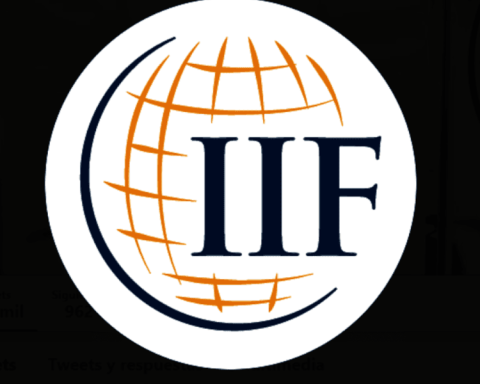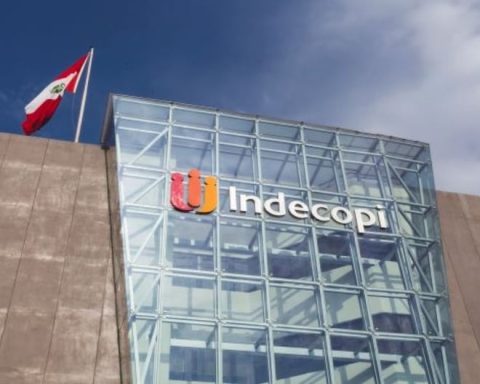Bank of America filed a report warning that Colombia is facing a “credibility shock” due to different internal policiesand, therefore, several Colombian assets such as 10-year bonds have been devalued.
().
The changes that would come in energy matters, added to the outlines of the pension and labor reforms or the contradictory messages of the government of Gustavo Petro, have generated uncertainty in the Colombian market in recent months, according to the financial entity.
“Colombia is facing a credibility shock and a new communication strategy and signs of moderation are required to improve sentiment. Investors may need to see to grow,” the analysis read.
().
In order to get out of this situation, they raise the possibility of including a gradual transition in oil exploration allowing new contracts and not only respecting the existing ones, the moderation of the proposed reforms or respect for the fiscal rule (including that the purchase of land in the agrarian reform it complies), among others.
The risks of reforms
Bank of America says President Gustavo Petro’s pension reform would have implications for the balance of payments and the public debt market.
According to the bank, the idea of diverting the contributions of all people who earn less than 4 minimum wages from private funds to Colpensiones could worsen the current account.
().
Meanwhile, he says that the labor crisis would make it very difficult to diversify exports. He mentions that the Petro administration is discussing a reform that includes, among other things, a reduction in working hours, an increase in pay on Sundays and holidays, a ban on labor outsourcing, and greater collective bargaining power for unions, among other ideas. “To us this sounds like something that would hurt the finance minister,” says Bank of America.
Regarding the energy reform, the analysis establishes that it would widen the structural deficit in the current account. “Not only does it propose to refrain from awarding new oil exploration contracts, but also to apply various taxes on these companies. Therefore, the exploration, production and export of oil would decrease over time”, it can be read.
Against stocks, Bank of America says they were sold off after the runoff election in June, but rallied in October. Currently, they assure that they have no exposure in Colombia and that during most of 2022 they only had Ecopetrol due to the good international prices of crude oil. However, it was removed in August due to the uncertainty of energy policy.
In addition to this, the entity’s research team ensures that if the Banco de la República raises interest rates by less than 100 basis points at its meeting today, it could run the risk of worsening the economy.
“We believe that year-on-year inflation will start to fall consistently in the second quarter of 2023, after the indexation hump in the first quarter, giving Banco de la República breathing space to stop the hikes,” the report says.
He also talks about President Gustavo Petro sending multiple signals of moderation soon after he was elected, perhaps the most notable being the appointment of relatively market-friendly José Antonio Ocampo as economy minister, which helped provide some assurance that radical changes in policy would be kept contained.
“Ocampo’s fiscal orientation has been much better than we expected: commitment to comply with the fiscal rule, initial step to increase the prices of frozen fuels, and the intention to use a part of the income from the fiscal reform to reduce the deficit,” says the bank
Unfortunately, he stresses, this good fiscal orientation has been nullified by “greater political uncertainty and lack of consistency” among government officials.
BRIEFCASE
*With information from EL TIEMPO
















